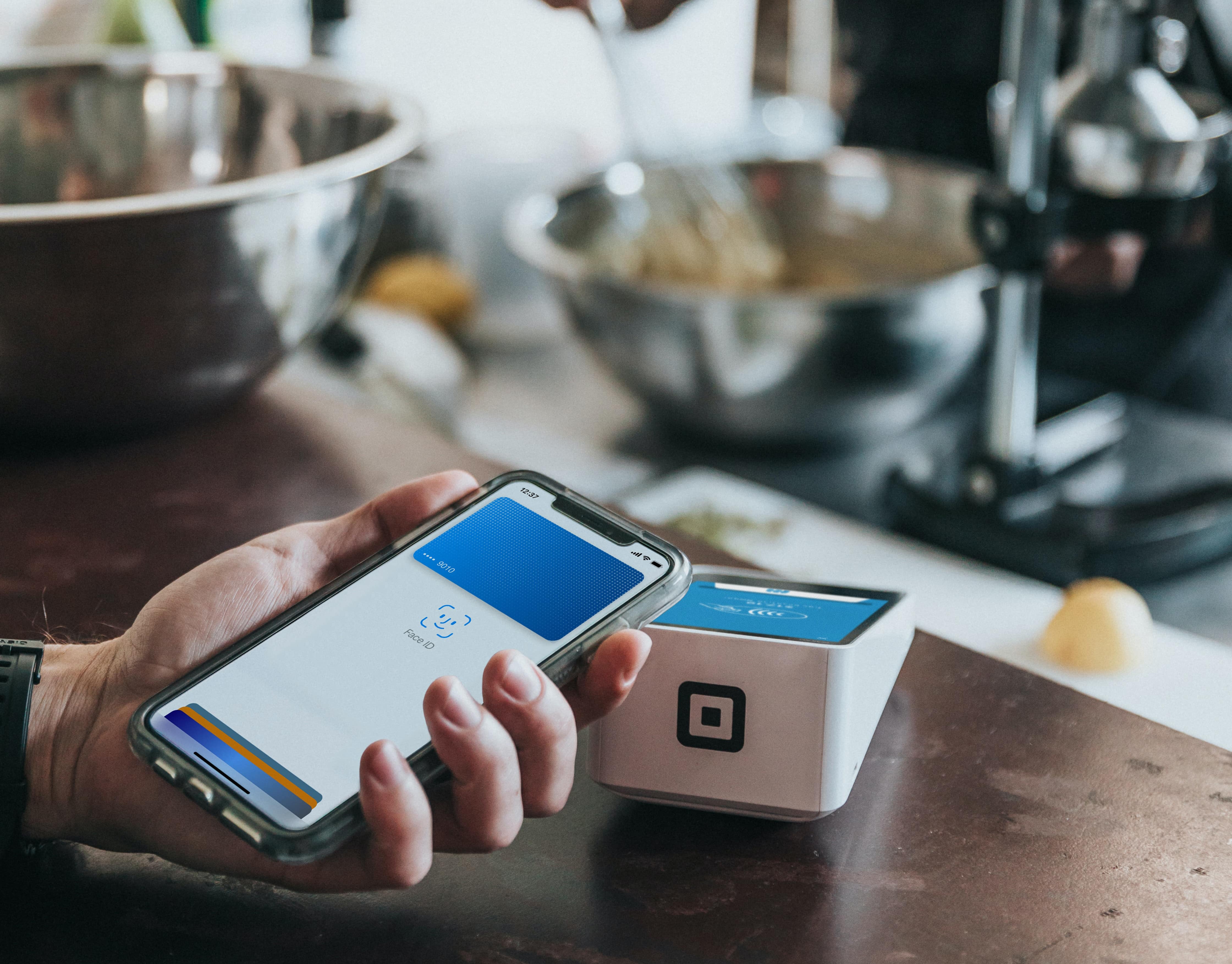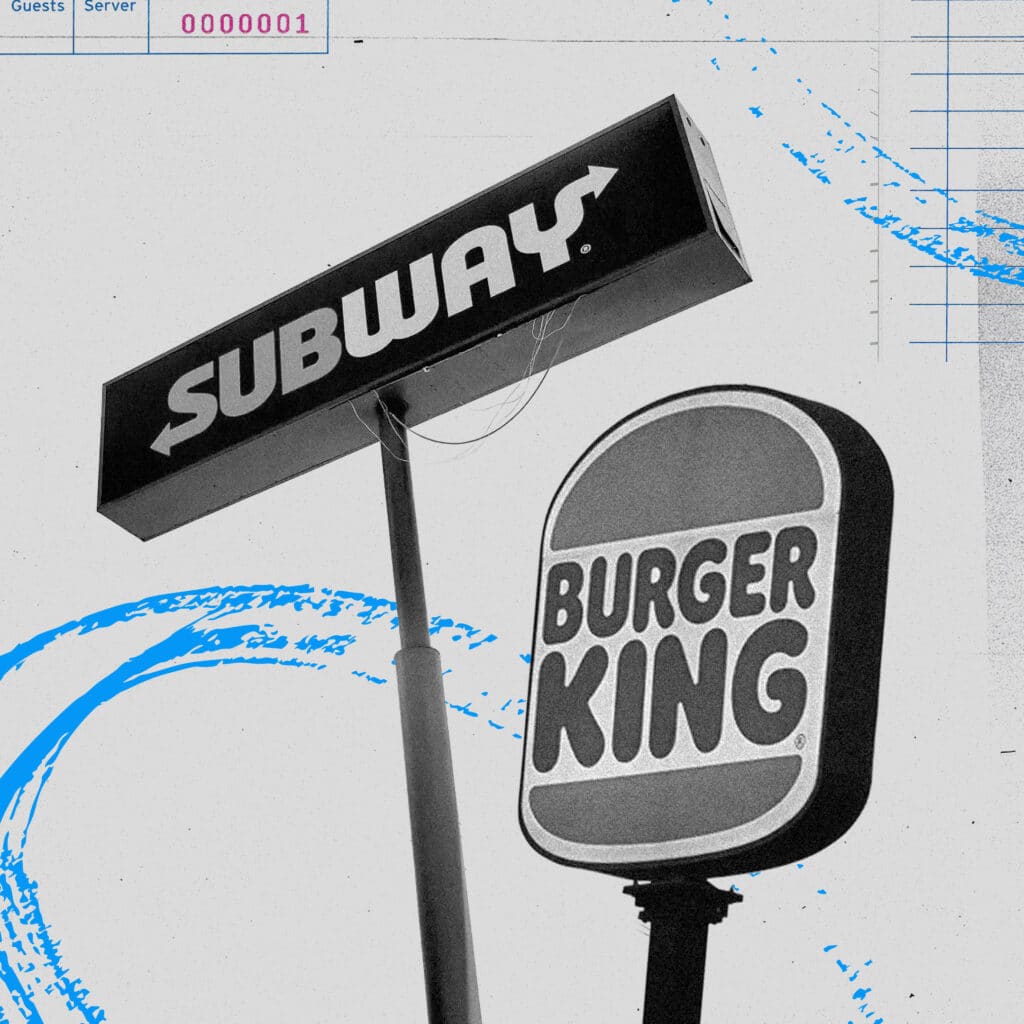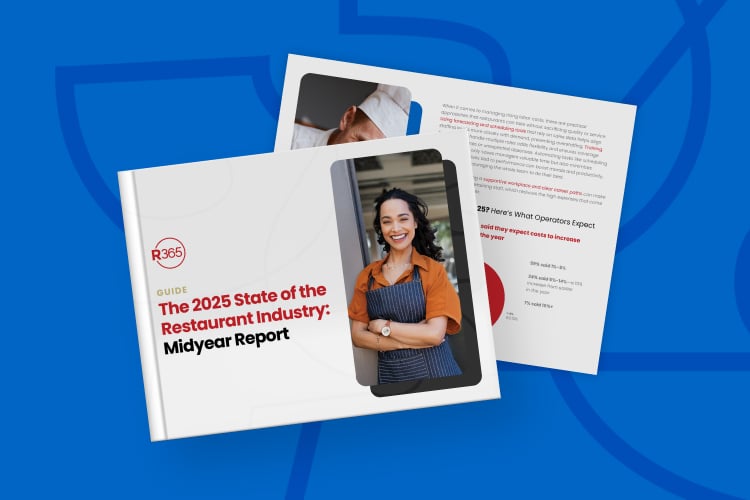Restaurant fraud is a significant issue that can result in substantial financial losses, damage to a restaurant’s reputation, and loss of customer trust. With many types of fraud taking place in the business, owners and managers have to stay one step ahead of scams – both externally from customers and internally from employees – to prevent fraud from happening in their establishments. In this article, we will discuss some effective strategies for preventing restaurant fraud.
First, let’s identify the common types of fraud restaurants encounter:
Credit Card Fraud
Credit card fraud occurs when a person uses another person’s credit card or credit card information without their permission to make unauthorized purchases or transactions. This is the most common fraud restaurants deal with, particularly during the COVID pandemic when much of restaurant ordering moved online. Credit card fraud occur in a few different forms:
- Stolen cards: when a card is physically stolen and used without the owner’s knowledge or before they have time to cancel their card.
- Skimming: a device is used to capture credit card information during a legitimate transaction.
- Phishing: a fraudulent look-alike website is used to obtain a user’s credit card, email and other security information.
- Card-Not-Present (CNP) Fraud: a user’s stolen credit card number is input online, like an online ordering platform, or over the phone.
Online Chargeback Fraud
Online chargeback fraud is a type of fraud in which a customer initiates a chargeback with their bank or credit card issuer to dispute a legitimate purchase they made online. The chargeback process is designed to protect consumers from unauthorized or fraudulent transactions, but it can also be abused to avoid paying for a purchase. This is particularly problematic for restaurants because it involves multiple layers of loss, in food cost, labor, and even chargeback fees which restaurants are responsible for.
Employee Theft
Employee theft is also an issue that restaurant managers often deal with, either in the form of checkout fraud, food theft, and even tip theft. In fact, one survey found that employee theft is responsible for nearly 75% of inventory shortages and even 4% of restaurant sales.
For a deeper dive into restaurant theft from bartenders, waitstaff, and managers and the strategies to prevent it, check out our free guide.
Now let’s look at some of the common strategies restaurants can use to avoid fraud in their restaurants.
Train Your Staff
The first and most crucial step in preventing restaurant fraud is to ensure that your staff is well-trained in identifying and preventing fraudulent activities. Staff members who are well-versed in recognizing and preventing fraud can identify potential scams before they become a problem. Train your staff on the most common types of fraud, including credit card fraud, check fraud, and cash theft.
Implement Strict Cash Handling Policies
One of the most common types of fraud in restaurants is cash theft. To prevent this, restaurant owners must implement strict cash handling policies, such as requiring two employees to count the cash drawer at the beginning and end of each shift. Additionally, owners should consider installing surveillance cameras to monitor cash transactions.
Monitor Credit Card Transactions
As mentioned, credit card fraud is one of the most common types of restaurant fraud. Owners should regularly monitor credit card transactions to identify any suspicious activity. Ensure that all staff members handling credit card transactions are trained to identify and prevent fraudulent activity.
Most modern POS technologies can automatically monitor for suspicious activity and prevent fraudulent transactions. Using the right tech and software can be a huge advantage in avoiding charges.
Conduct Background Checks
For the various types of employee theft, conducting background checks is essential. This is particularly important for those handling cash and credit card transactions. Background checks can help identify any criminal records or history of fraudulent activity, preventing potential problems before they occur.
Create a Whistleblower Policy
Creating a whistleblower policy can encourage employees to report any suspicious activity or potential fraud within the restaurant. This policy should provide a confidential way for employees to report fraudulent activity without fear of retaliation.
Conclusions
Preventing restaurant fraud requires a combination of strategies that include employee training, strict cash handling policies, credit card monitoring, and policies like background checks. By taking these steps, restaurant owners and managers can protect their establishments from fraud, and maintain the trust and loyalty of their customers.



